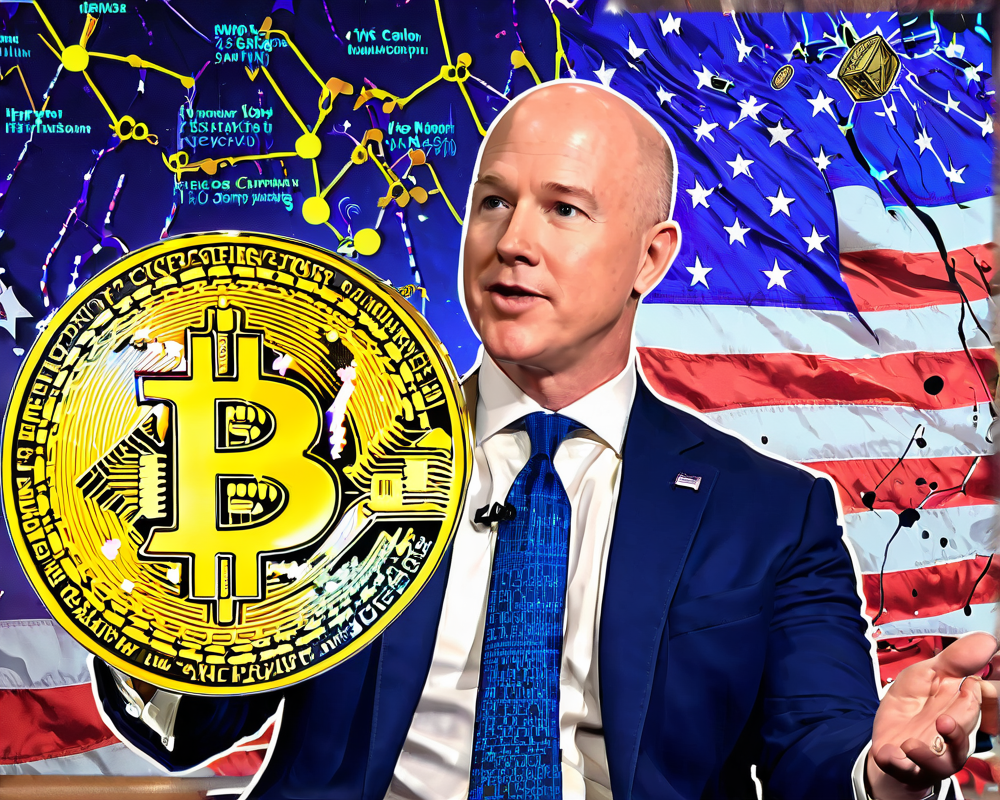Coinbase’s Armstrong Weighs In
In a recent interview with The Wall Street Journal, Brian Armstrong, the CEO of cryptocurrency exchange Coinbase, expressed his thoughts on the current state of cryptocurrency regulation in the U.S. Armstrong stated that regulating crypto isn’t as complicated as some might think, referring to it simply as not “rocket science.” His confidence in the eventual emergence of regulatory clarity comes, albeit, with a caveat: it may take a considerable amount of time.
Decoding the Lawsuit
Armstrong’s comments come on the heels of a lawsuit filed against Coinbase by the U.S. Securities and Exchange Commission (SEC). The lawsuit alleges that Coinbase has been functioning as an unregistered securities exchange. Armstrong, however, argues that the assets traded on Coinbase are commodities, and thus do not require registration with the SEC.
A Dormant License Story
In a twist reminiscent of a soap opera, Armstrong explained that while Coinbase has obtained a broker-dealer license, it remains dormant, unable to be activated due to regulatory hurdles. “We don’t claim to be a broker-dealer,” said Armstrong, highlighting the irony of possessing a license that they can’t use.
The Future of Crypto Businesses in the U.S.
According to Armstrong, the SEC lawsuit holds significant implications for the entire crypto ecosystem in the United States. He hopes that it will pave the way for clearer regulations, preventing America from lagging behind other countries. With defined regulations, Armstrong believes that entrepreneurs who fled the U.S. due to regulatory concerns will return, stating, “They’ll say we won’t be attacked randomly or have incredibly high legal bills at any given moment.” It’s hard to argue against a guy who sounds hopeful even while navigating a legal storm.
The Turf War Between Regulators
Armstrong pointed out that the U.S. financial regulatory landscape is unique—unlike other nations, like the UK, that have a single regulatory body, the U.S. features a divided landscape between the SEC and the Commodity Futures Trading Commission (CFTC). He emphasized the need for clear boundaries between these entities to foster a more cohesive regulatory environment.
He also pointed out basic regulatory frameworks from traditional finance that could simply be adopted for crypto, including consumer protection policies, financial statement audits, and anti-money laundering procedures. In his eyes, it’s all about finding the right balance so that crypto can thrive without sending people on one regulatory wild goose chase after another.
The Missing Rule Book
In his pursuit of clarity, Armstrong noted the frustrating absence of a “rule book” for cryptocurrency regulation in the U.S. Despite Coinbase’s repeated requests for guidance from the SEC, they’ve received little to no feedback. “We’re just looking for some clarity around crypto rules,” he tweeted, setting the stage for what seems to be an ongoing struggle for understanding.




